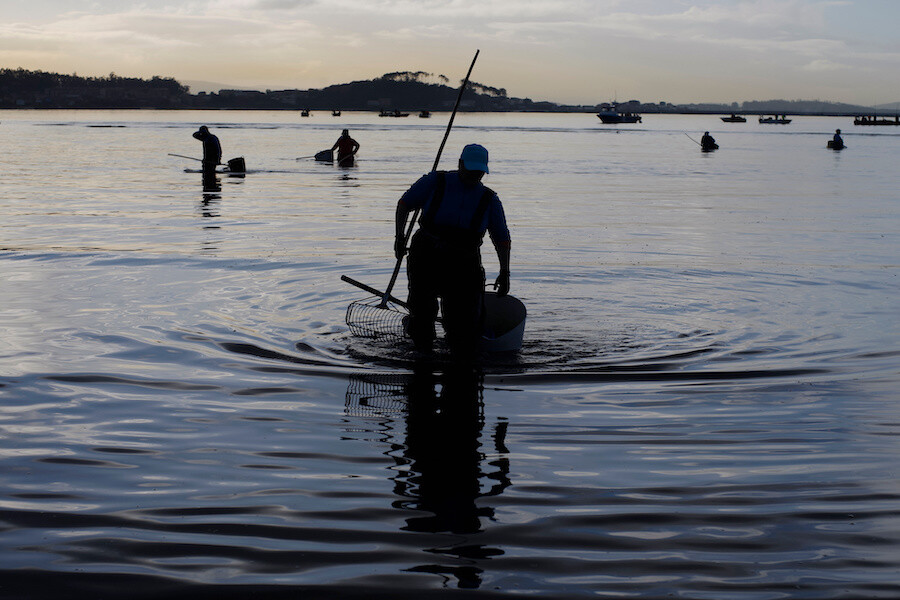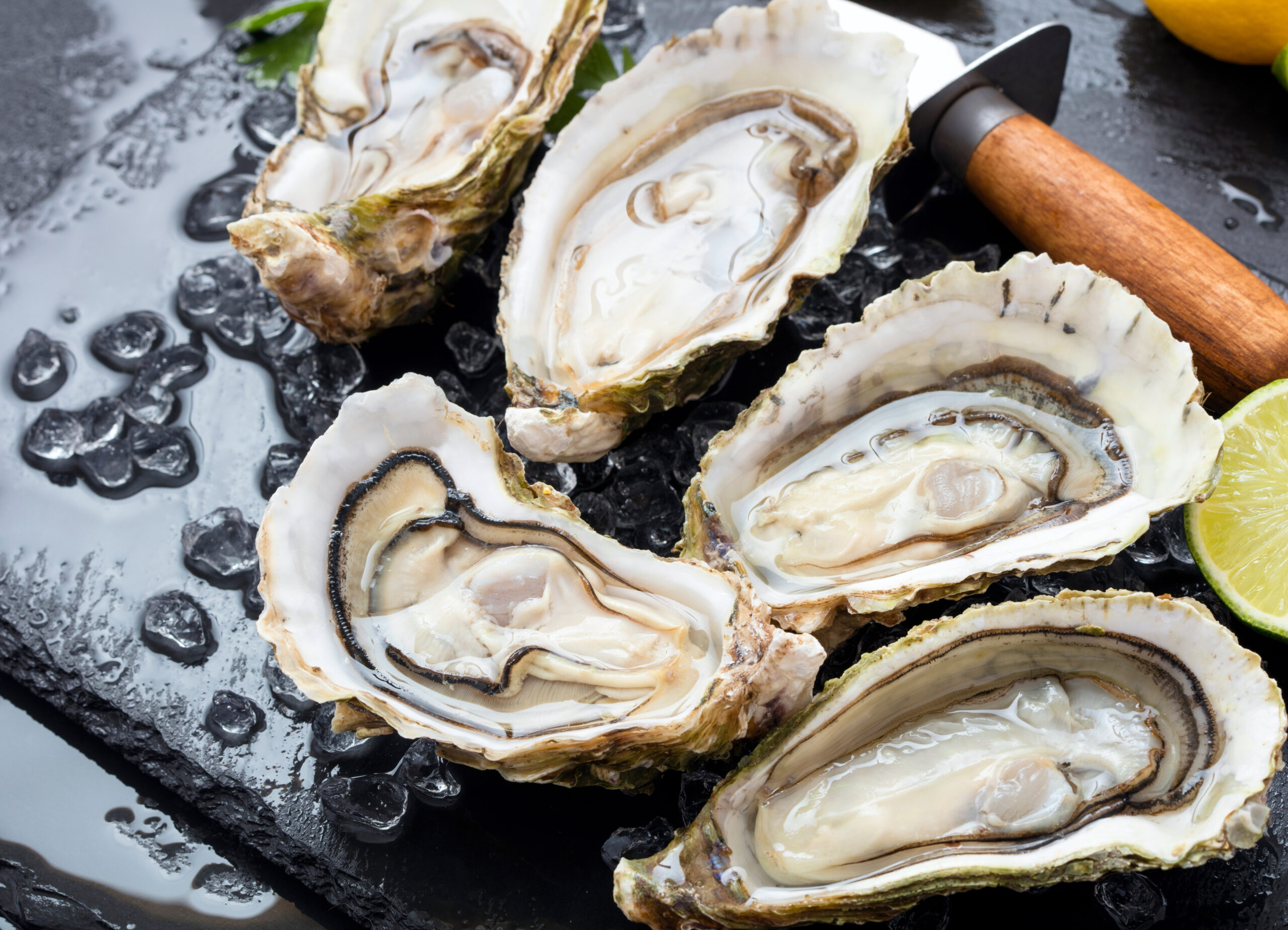Two Connecticut residents have died this summer following an infection of the flesh-eating bacteria, Vibrio. State officials said the two residents died after coming into contact with the bacteria while consuming raw seafood or swimming in Long Island Sound.
Connecticut last saw the presence of the Vibrio bacteria in 2020, when there were five confirmed Vibrio vulnificus wound infections, according to state officials. To date, the Nutmeg State has seen three cases of the Vibrio vulnificus illness in 2023. Health officials say that Connecticut’s raw shellfish is safe to eat and bacteria has not been found in any of the state’s oysters, which are tested statewide.
The CDC website recommends doing the following to prevent coming into contact with the Vibrio bacteria:
- Do not consume raw or undercooked oysters or other shellfish.
- Always wash hands with soap and water after handing raw shellfish.
- Avoid contaminating cooked shellfish with raw shellfish and its juices.
- Stay out of salt water or brackish water if you have a wound (including from a recent surgery, piercing, or tattoo), or cover your wound with a waterproof bandage if there’s a possibility it could come into contact with salt water or brackish water, raw seafood, or raw seafood juices.
- Wash wounds and cuts thoroughly with soap and water if they have been exposed to seawater or raw seafood or its juices.
Those in high-risk categories should do the following prevention measures:
- Wear clothes and shoes that can protect you from cuts and scrapes when in salt water or brackish water.
- Wear protective gloves when handling raw seafood.

